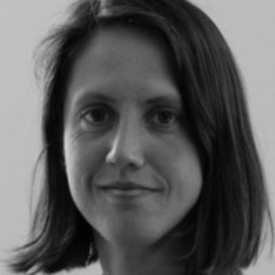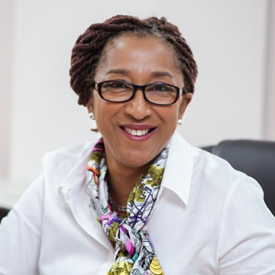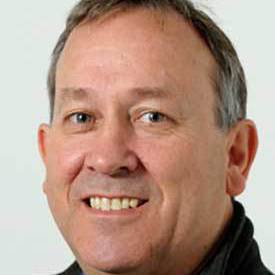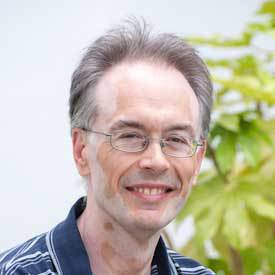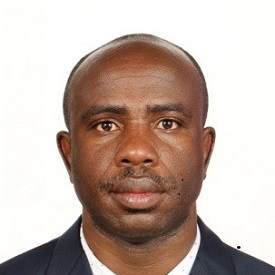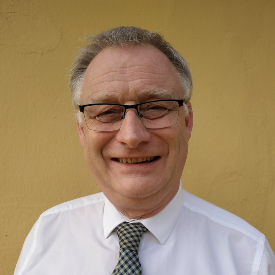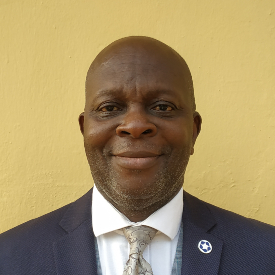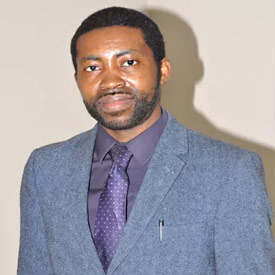UN Sustainable Development Goals Webinar
Date & Time
Thursday 24th June, 10:00am – 12:00pm BST
Location
Microsoft Teams Webinar – Free registration via Eventbrite
Theme
How have RECIRCULATE & ACTUATE aligned with and fulfilled the SDGs?
Objectives
To understand the lessons from the RECIRCULATE & ACTUATE projects and how to promote the SDGs on the back of these projects.
Event description
Lancaster University won two projects with African partners from Ghana, Nigeria, Kenya, Malawi, Zambia and Botswana: (i) RECIRCULATE (7 Million Pound Capacity Building Project) and (ii) ACTUATE (700,000 Pound Waste to Energy Demonstrator Plant Development Project). Key components of these projects focus on the circular water economy and waste-energy-food nexus, involving capacity building for research, knowledge transfer, entrepreneurship and innovation with over 200 young African professionals trained from over ten African countries. Under the RECIRCULATE project, there are four key work packages: Water for Health and Sanitation (Microbiology); Water for Agriculture; Water for Energy and a cross-cutting theme around Enterprise and Innovation. Over the last three years, there have been different researches undertaken with interesting results shared across the project partners.Under the ACTUATE project, there has been the construction of two working demonstrator anaerobic digestion facilities in both Ghana and Nigeria to process organic wastes, produce power and for the resulting digestate to be used as a sustainable soil conditioner/fertiliser. These working show laboratories will be used to positively highlight the technology as a credible option for management of waste, bioenergy and soil/food security and de-risk the opportunity for potential investors.At the point of applying for funding for these projects, a fundamental aspect of the application proposals was to highlight the alignment of the projects to achieve the UN Sustainable Development Goals (SDGs). The United Nations through a deliberative process with 193 Member States, launched 17 Sustainable Development Goals (SDGs) with 169 targets between them as a 2030 agenda for transforming our world. This has become a framework that measures the impact of projects and programmes across the world but especially in developing economies. The question however is, has the RECIRCULATE and ACTUATE Projects aligned with or supported the fulfilment of the SDGs since its commencement and how might the impact be further enhanced as both projects end in less than a year.The objectives of this International SDGs webinar therefore include:Highlighting the objectives and progress of the UK Government-funded Global Challenges Research Fund (GCRF) 7 Million Pounds RECIRCULATE and the 800,000 Pounds ACTUATE Project and the projects progress so far in Africa.Exploring how the lessons and outputs from both projects so far have aligned with the SDGs and if they have contributed to their fulfilment in one way or another.Promoting the SGDs in general and encouraging participants to integrate its framework into their current and future projects and programmes and professional life. Providing an opportunity for further engagement with current and new stakeholders in different African countries for future collaborations, investments and development work.Exploring how the projects can further enhance its alignment and fulfilment of the SDGs especially in this last stage of its life-cycle.
Programme
10.00 – 10.05Introduction of Participants/StakeholdersDr Akanimo Odon10.05 – 10.15Introduction to RECIRCULATE/ACTUATE ProjectsProf. Kirk Semple10.15 – 10.30Entrepreneurship and Innovation and the SDGsDr Joanne Larty and Dr Cynthia Forson10.30 – 10.45Water for Health and Sanitation and the SDGsProf. Roger Pickup and Dr Francis Agyenim10.45 – 11.00Stakeholder Interaction11.00 – 11.15Water for Energy and the SDGsProf. Alastair Martin and Prof. Lawrence Ezemonye11.15 – 11.30Water for Agriculture and the SDGsProf. Ian Dodd and Dr Stephen Yeboah11.30 – 11.50Stakeholder Interaction11.50 – 12.00Conclusion/Wrap Up
Speakers
Joanne is a Researcher & Senior Lecturer in Entrepreneurship at Lancaster University Management School and a co-leader of our “Entrepreneurship and Innovation” work package.
Cynthia is a Deputy Provost at Lancaster University Ghana and a co-leader of our “Entrepreneurship and Innovation” work package.
Roger is Chair of Biomedicine and Life Sciences at Lancaster Environment Centre and a co-leader of our “Water for Health & Sanitation” work package.
Francis is the Director of Council for Scientific and Industrial Research (CSIR) – Institute of Industrial Research (IIR) and a co-leader of our “Water for Health & Sanitation” work package.
Ian is a Professor of Sustainable Agriculture at Lancaster Environment Centre and a co-leader of our “Water for Food Production” work package.
Stephen is a Research Scientist at Council for Scientific and Industrial Research (CSIR).
Alastair is the Head of Chemical Engineering at Lancaster University and a co-leader of our “Water for Energy Production” work package.
Lawrence is the Chair of Centre for Global-Eco Innovation at the University of Benin and a co-leader of our “Water for Energy Production” work package.
Akan is an Africa Strategy Adviser for Lancaster University and a moderator of our webinars.
